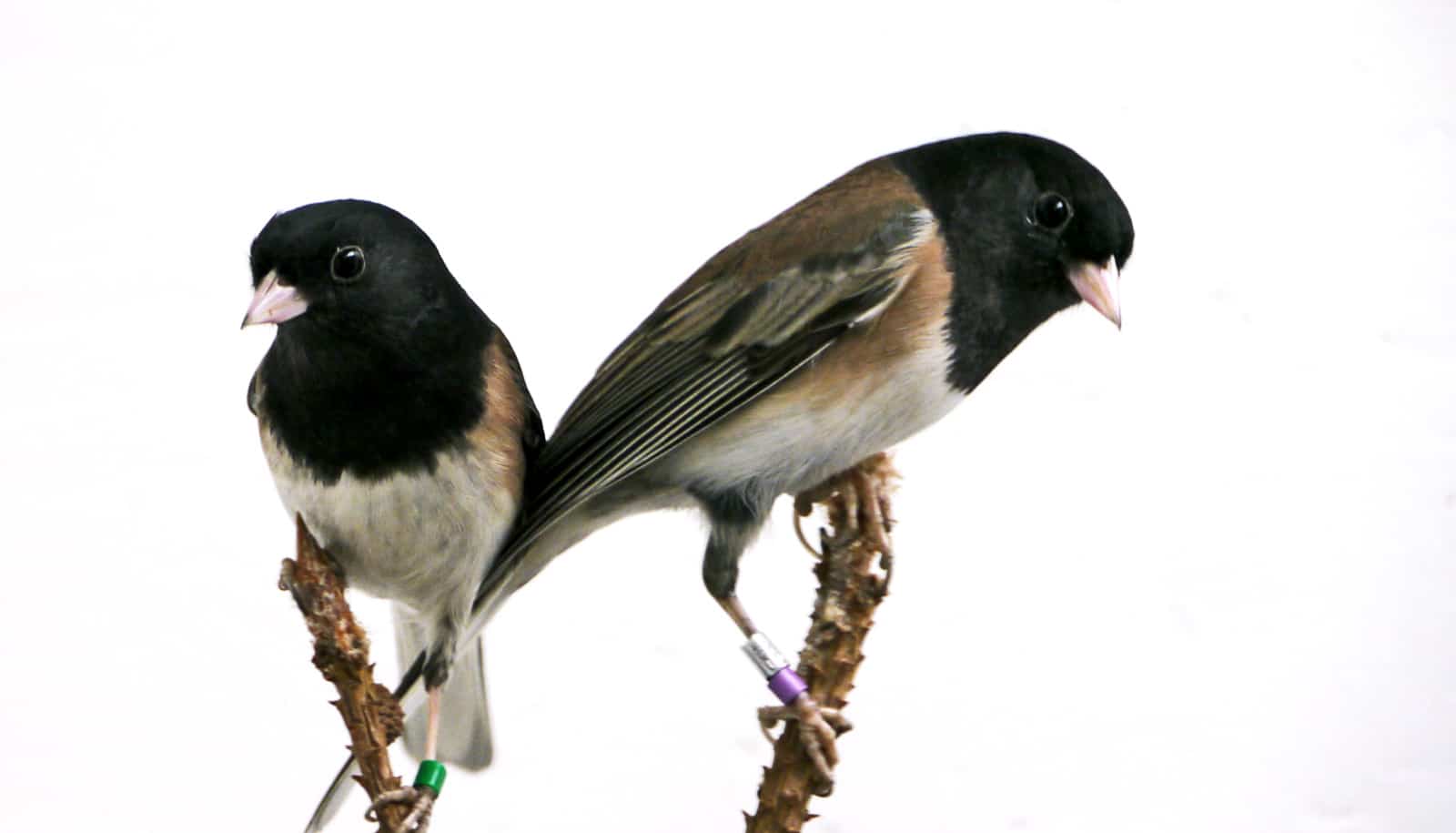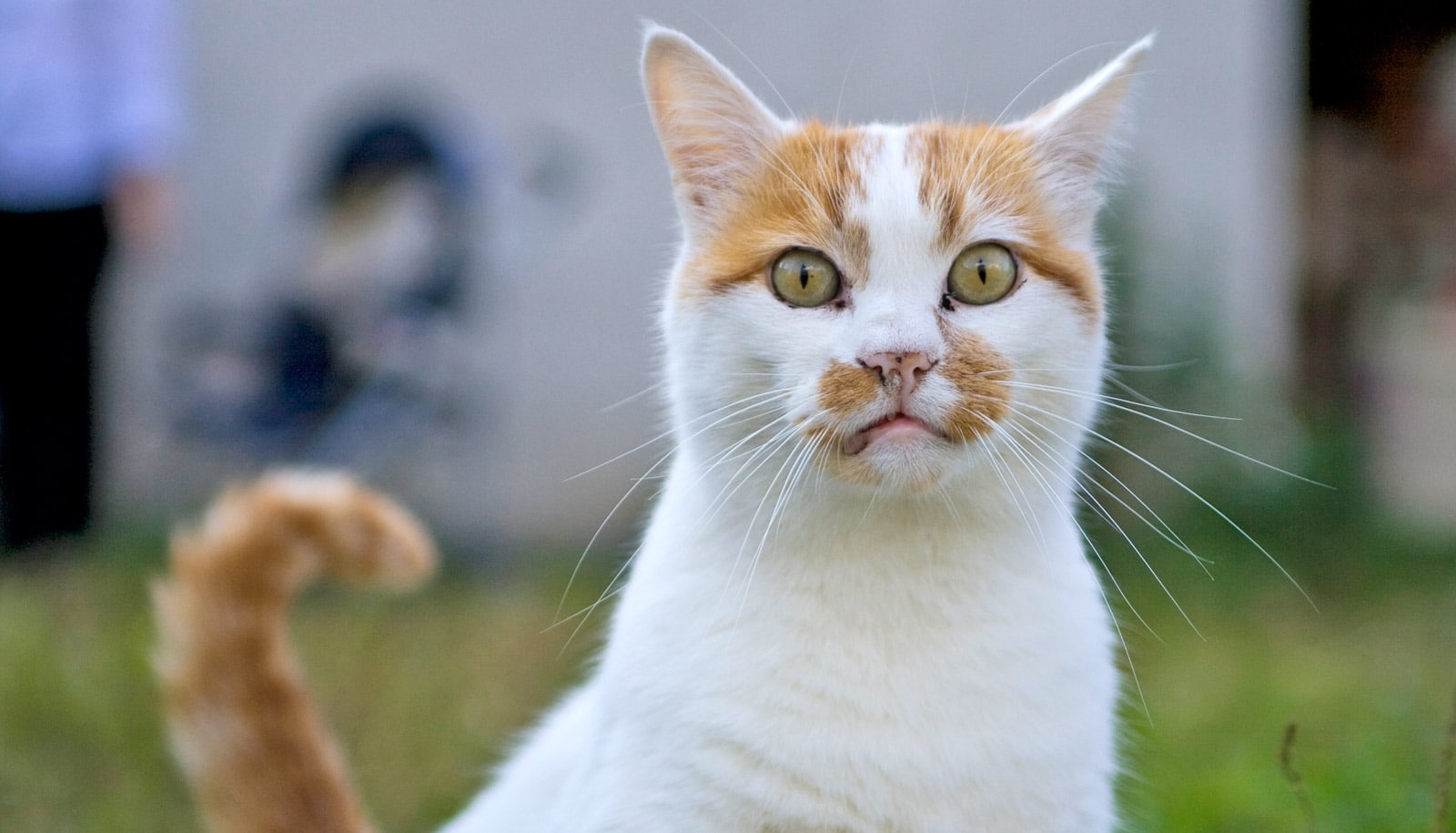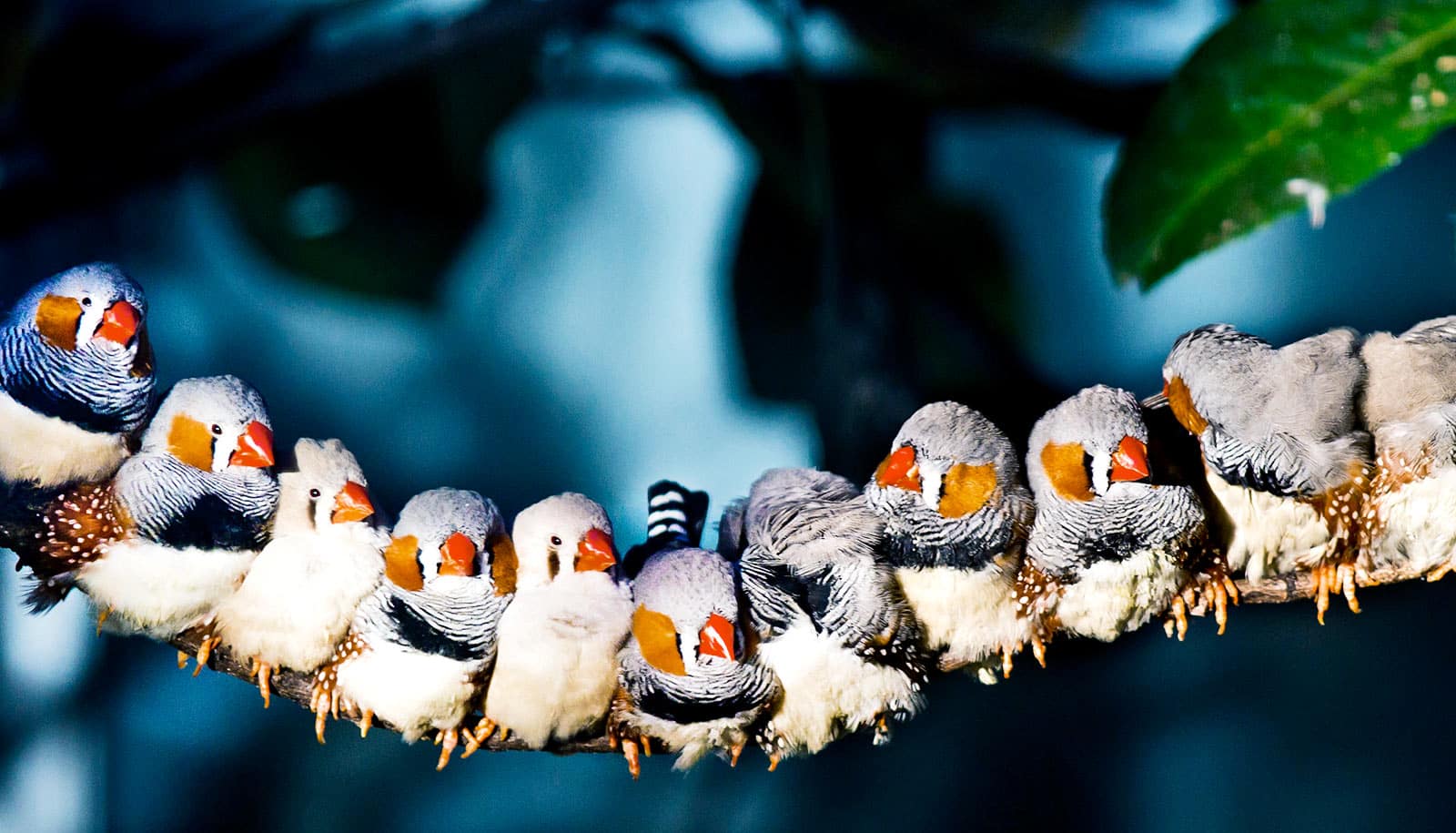Birds use odor to identify other birds, but if the bacteria that produce those odors changes, it can make it tough to communicate or find a mate, new research shows.
Smell is a basic sense vital for the survival of humans and animals. It warns of danger, aids in finding food, and even helps communicate and find a mate. But if something interferes with the ability to smell, or more precisely with the smell itself, there can be consequences.
Researchers discovered that certain bacteria in preen glands produce songbird scents, which identify a specific bird to others. But, if the bacteria changes or disappears, the bird won’t express the correct information.

“This is the same process as in humans. We each have bacteria on our bodies that create smells like armpit odor that is unique to each person,” says Danielle Whittaker, managing director of the BEACON Center for the Study of Evolution in Action at Michigan State University and lead author of the paper, published in the Journal of Experimental Biology.
“The odors produced by birds are unique to them and allow other birds to gain crucial information regarding the mating process. Alter that bacteria and the bird could be less attractive to potential mates.”
Birds communicate with odors to determine the stage of reproduction process, quality, or hormonal state of a potential mate. Like humans putting on deodorant or perfume, birds preen by rubbing their bill over the preen gland and then rubbing the oil over their feathers and body.
For the new study, researchers injected antibiotics directly in the preen gland of dark-eyed juncos, which changed both the bacterial communities and the odors. They also cultured bacteria directly from the preen oil and measured the odors produced by the bacteria alone, which included the same odors present in preen oil.
“Bacteria can change for a number of reasons, including from the environment, infections, hormones, or social interactions,” Whittaker says.
“This is the same for humans. Our personal smells are impacted by our microbiomes. Take antimicrobial products for instance. They seem like a great idea for staying clean, until you realize they can negatively change your microbiome. The same thing goes for birds and other animals.”
Additional coauthors are from Wayne State University, Indiana University, and Michigan State. BEACON and the National Science Foundation supported the work.
Source: Michigan State University


